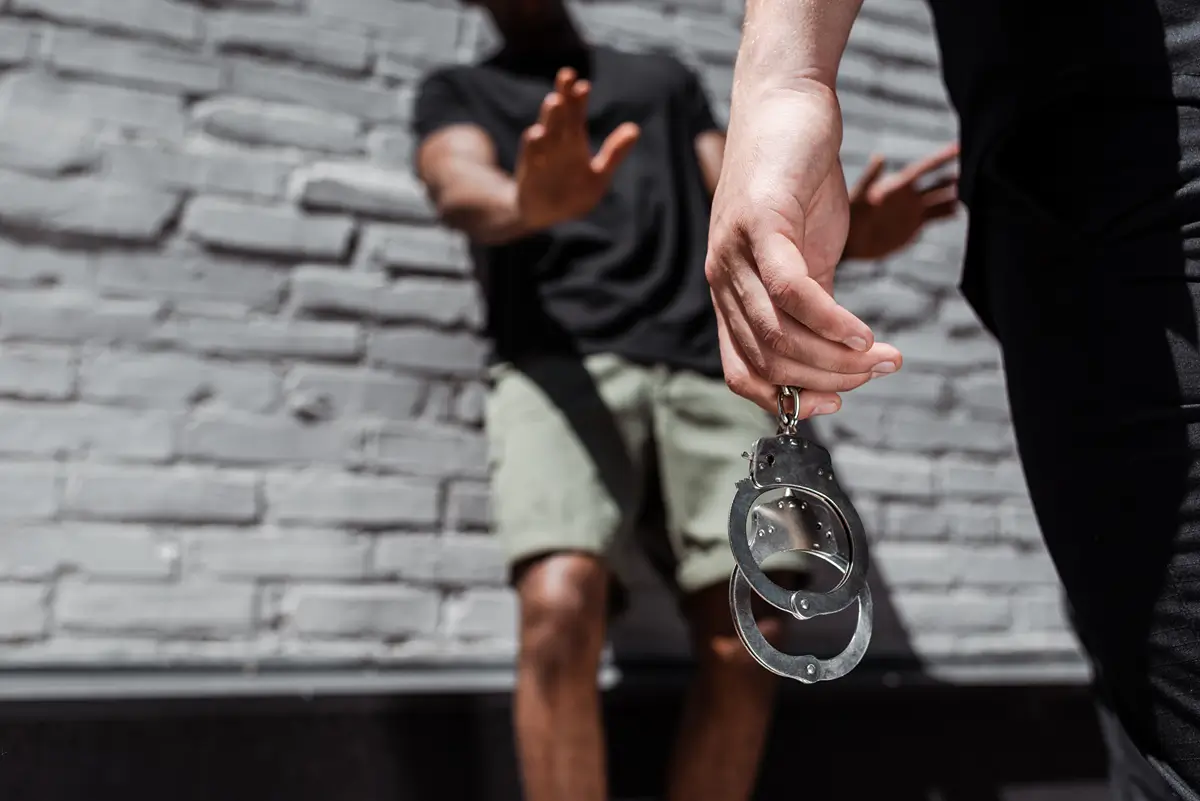Getting arrested in Indiana is a scary predicament–even more so if you’re facing the prospect of having to stay in jail until the trial. Staying in jail, even for a few days, can be highly disruptive to your family, your job, and almost every other part of your life. What do you do when the judge sets bail above what you can afford to pay?
The good news is that you have options. Let’s talk about how bail works in Indiana and what steps you can take to get out of jail before your trial.
What Is Bail, and How Does It Work?
Bail is a procedure that allows for the release of someone from law enforcement custody before a trial. The bail money acts as a surety to make sure you show up for your trial. If you appear as agreed, you get the bail money back. If you don’t, the money is forfeit, and you’ll likely be facing additional charges.
Bail is typically set based on two factors: Your personal history and the type of crime you’re accused of. If you have prior convictions, or if other circumstances make you a “flight risk,” the bail amount might be higher. Also, the more serious the crime, the higher the bail. If you can’t meet the bail amount, you remain in jail until your trial. Many defendants reach out to family members to help them raise bail, but sometimes they don’t have it, either.
Options for Getting Out of Jail in Indiana Without the Money for Bail
In 2016, the Indiana Supreme Court adopted Rule 26 of Criminal Procedure as part of the Pre-Trial Release Project, a program designed to reform the state’s criminal justice and bail systems. The project was first instituted as a pilot program in eleven Indiana counties, and later extended to all counties in 2018. The new system provides defendants with more options, either to be released on their own recognizance or with more accessible bail amounts. With this in mind, let’s look at your two best options for being released from jail if you don’t have the money on hand to make bail.
- Qualifying for pre-trial release.
Under Rule 26, you should qualify for pre-trial release without bail under the following conditions:
- You don’t present a flight risk or danger to the public;
- You aren’t accused of murder or treason;
- You’re not on probation, parole, or other community supervision for prior offenses; and
- You’re not already on pre-trial release for unrelated offenses.
- Bail bonds.
If you don’t meet the criteria above (especially if you’re considered a flight risk), the courts will use an evidence-based risk assessment system to determine the appropriate amount of bail. If the bail is more than you or your family can pay, you can go to a licensed bail agent to get a bail bond. Most bail agents take a 10 percent commission of the total bail amount in return for guaranteeing your bail to the court.
Getting Help with Pre-Trial Release or Bail
An experienced Indiana criminal defense attorney can help you defend against the charges. They also can help with your initial release from jail, whether by ensuring your pre-trial release (if you qualify) or by helping you find affordable bail bond options. The team at Razumich & Associates stands ready to help. Contact us today to learn more.






